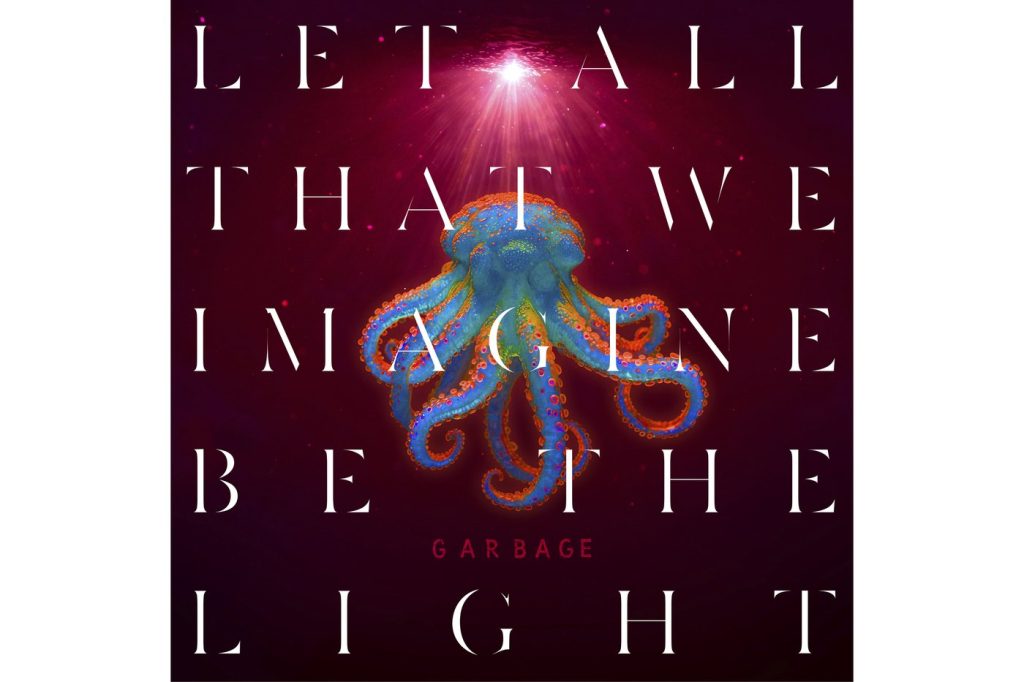The American rock band Garbage is set to release their eighth studio album, titled “Let All That We Imagine Be the Light,” on Friday. Frontwoman Shirley Manson steps into the spotlight with a sound that reflects her struggles with health issues and the tumultuous climate of contemporary society. The album is infused with an eclectic mix of buzz-saw guitars, dense synthesizers, and throbbing percussion, which aim to ignite a sense of joy amidst the prevailing darkness.
In this new collection of songs, Manson’s powerful alto is complemented by the band’s signature sonic backdrop, creating a musical journey that provides an escape from life’s challenges. The track “Love to Give” encapsulates this ethos with its poignant lyric: “This is a cold cruel world, you’ve gotta find the love where you can get it.” The forthcoming album follows the band's previous release, “No Gods No Masters,” which debuted in 2021.
The inspiration for this album arose last August when Manson aggravated an old hip injury, leading to the abrupt cancellation of the band’s world tour. Following this setback, band members Butch Vig, Duke Erikson, and Steve Marker retreated to the studio to craft fresh music. During this process, Manson contributed lyrics that explore themes of fatalism, ageism, sexism, and a desire to embrace vitality, love, and empowerment.
The album’s breadth of emotions is reflected in its diverse tracks, including one titled “Sisyphus,” which hints at the existential struggles many face. The sound palette draws on influences from musical legends such as the Shangri-Las, Patti Smith, and Evanescence, making the album's occasionally melodramatic lyrics, such as, “There is no future that can’t be designed/With imagination and a beautiful mind,” in the title track, feel more grounded.
Most of the tracks diverge from New Age sentiments, showcasing a unique desperation in Manson’s optimistic outlook. For instance, the song “Chinese Fire Horse” presents a punk-infused anthem that heralds defiance and resilience, with lyrics that proclaim, “But I’ve still got the power in my brain and my body/I’ll take no (expletive) from you.” This spirit of defiance recurs throughout the album, illustrated in tracks like “Have We Met (The Void),” which delves into the complexities of love, and “There’s No Future in Optimism,” a commentary on the current state of America.
The album reaches a pinnacle on its latter half, distinguished by the dynamic tracks “Get Out My Face AKA Bad Kitty,” a fierce declaration amidst the gender struggle, and “R U Happy Now,” which serves as an intense critique of the post-election landscape. The album's conclusion offers a departure from the intense themes, featuring “The Day That I Met God.” This final track emerges as an eccentric and whimsical celebration, blending elements of horns, strings, faith, and pain management, ultimately suggesting that hope and uplift can resonate profoundly when conveyed loudly.
As Garbage prepares to unveil this new work, fans and critics alike are poised to experience a captivating fusion of raw emotion and musical prowess that speaks to both personal and societal challenges. For those interested in additional reviews of recent musical releases, a visit to established music review platforms may provide further insights.











